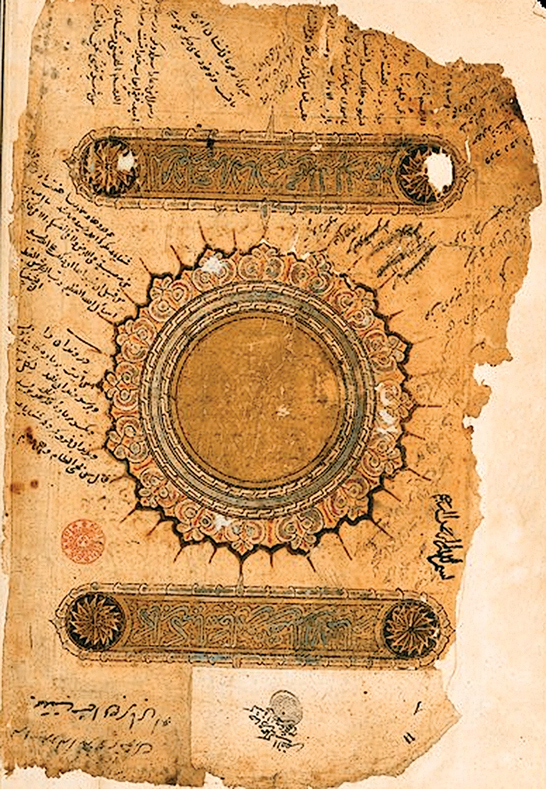A History of World Societies:
Printed Page 250
Listening to the Past
Abu Hamid al-Ghazali on the Etiquette of Marriage
Listening to the Past
Abu Hamid al-Ghazali on the Etiquette of Marriage
Abu Hamid al-

“Marriage confers five benefits: a) children; b) the stilling of passion; c) good housekeeping; d) extended family ties; e) spiritual training through coping with all the foregoing.
The begetting of children . . . is the essential basis upon which marriage was instituted, the purpose being continuance of procreation so that the world should never be devoid of humankind. . . .
For the sake of inner tranquility, it is permissible to avert the danger of fornication by marrying a slave-
Nevertheless, slavery for the children is less grave than the ruination of faith. The child suffers only temporary annoyance in this life, whereas the abominable sin of fornication causes loss of the Life Hereafter. . . .
When a man’s nature is so dominated by sexual desire that one wife alone would not suffice to keep him chaste, it is recommended that he take more than one (up to a maximum of four). All is then well, provided he enjoys the love and mercy of Allah and feels inwardly content with these wives. Otherwise, substitution is recommended. . . .
[The fourth advantage of marriage is] freedom from concern with running the household (and all the chores of cooking, making beds, cleaning dishes and preparing meals). . . .
Ali used to say: “Three vices in a man are virtues in a woman: stinginess, vanity and timidity.”
(If a woman is stingy, she will safeguard her own property and that of her husband. If she is vain, she will not condescend to engage in suspiciously tender conversation with just anybody. If she is timid, she will be scared of everything; she will not venture out of her house, and will avoid dubious places from fear of her husband.) . . .
Certain very pious men would only give their daughters in marriage if they had first been seen by their prospective husbands, as a precaution against illusion. Al-
As Allah’s Messenger once said: “The best of wives are those with the prettiest faces, and whose dowers [dowries] are least expensive.” He even forbade the giving of excessive dower. . . .
The marriage guardian also has a duty to consider the qualities of the prospective husband. He should look to the interest of his precious one, and not give her in marriage to a man of poor physique or bad character, or who will fail to give her all her due, or who is not her equal in lineage. The Prophet said: “Marriage is a kind of servitude, so let each of you look to where he is placing his precious daughter.” . . .
Allah’s blessed Messenger asked his daughter Fatima: “What is best for a woman?” — “That she should not see a man, nor any man see her,” she replied, whereupon he hugged her and said: “That’s my daughter!” Thus did he show approval of her words. . . .
If a man has several wives, he must treat them equally and not favor any of them. If he is going away on a journey and wants to take one of them along for company, he should draw lots among them. That is what Allah’s Messenger used to do. If he robs a wife of her night, he should make it up to her, as a religious duty. . . .
The husband should begin with gentle coaxing and kissing. The Prophet once said: “Let none of you fall upon his wife as an animal would do. Let there be an envoy between them.” When they asked: “What is this envoy, O Messenger of Allah?” he replied: “Kisses and sweet words.” . . .
A man should not be too overjoyed at getting a boy, nor unduly sad at getting a girl, for he is not to know which of them will prove the greater blessing to him. How many fathers of sons wish they had none at all, or girls instead! Indeed, girls give more peace, and the reward they bring is more bountiful. . . .
Divorce is permissible, but it is the most hateful to Allah.”
Source: Abu Hamid al-
QUESTIONS FOR ANALYSIS
- Describe al-
Ghazali’s assessment of the benefits of marriage. - In what ways are the views toward marriage and gender expressed by al-
Ghazali similar to those seen in other traditions?